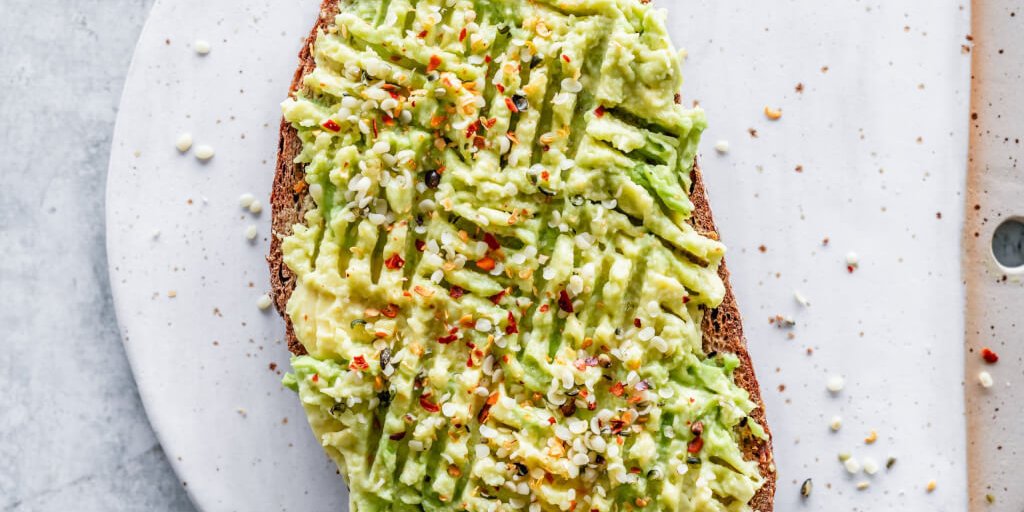Q: If I do one thing for my overall health, what should it be?
While the path to achieving health and wellness is different for each of us, there are a number of lifestyle changes/tweaks we can make to help support our journey toward better well-being, like being physically active, eating a healthy, balanced diet, getting adequate sleep each night, staying in touch with family and friends, and getting outside. All are important, but my #1 positive change is being physically active (and this can get you outside, too).
Here are some simple ways to incorporate physical activity into your day.
- Build three short walks into your day. Take a 10-minute walk before work, a 20-minute walk at lunch, and a 10-minute walk when you get home from work.
- Pair up with an exercise buddy. If you’re someone who gets motivated by exercising with a buddy, ask a friend to join you in a regular workout.
- Burn extra calories doing household chores. Gardening, house cleaning, and car-washing all count as physical activity.
- Start small. Stretch for 10 minutes, walk laps around the house when you’re on a call, or walk around the neighborhood.
- Set an “exercise alert.” Use the timer to prompt you to stand up and get your blood flowing and muscles moving once every hour.
Q: What are “good fats” and why are they so important for me to eat?
Dietary fat is essential for your health. It’s a major source of energy. It helps support cell function, and it helps you absorb nutrients and produce important hormones. There are four major types of dietary fats:
- Saturated fats
- Trans fats
- Monounsaturated fats
- Polyunsaturated fats
Saturated fats and trans fats are “bad” fats. They tend to be solid at room temperature. Healthy, beneficial fats include monounsaturated fats and polyunsaturated fats. These fats tend to be liquid at room temperature. Good, beneficial fats come mainly from vegetables, fish, and nuts and seeds.
Here are some simple ways to incorporate healthy, beneficial fats into your diet.
Monounsaturated fats. “Butter” your whole grain toast with an olive oil-based spread or top it with mashed avocado.
Reboot your PB&J with sunflower seed or almond butter, or try a handful of almonds, cashews, sunflower seeds, or peanuts as a snack.
Polyunsaturated Fats (Omega-3s). Top your dark leafy greens with salmon, trout, or sardines. And, look for omega-3-fortified foods in the dairy section. Eggs, orange juice, butter-alternative spreads, and milk are some common options.
Q: What and when should I eat around my workouts?
Eating the right foods and drinking the right fluids before and after a workout are important for fueling and recovery. An hour or so before working out, munch on a carb-rich snack. Carbs provide you with the energy you need to carry you through your workout. Also be sure to hydrate with water. Soon after your workout, refuel with fluids, carbohydrates, and high-quality protein. Carbs help replenish the energy stores you depleted during your workout, and protein helps repair muscle tissue that was broken down while working out. Plus, protein helps stimulate muscle protein synthesis, which is essential for recovery.
Q: Coffee!! Can I keep it? Or should I switch to tea?
For most people, when consumed in moderation, coffee can be part of a healthy lifestyle. It actually confers some health benefits for most people. But remember, what you add to your coffee can affect how healthy it is. Instead of loading up on cream and sugar, try adding healthier alternatives like milk or a milk substitute and using naturally sweet spices or flavorings.
Q: Is when you eat important? Can it affect your health?
Eating at night isn’t inherently unhealthy, but when nighttime eating consists of energy-dense (high-calorie) and nutrient-poor foods, like chips, cookies, and candy, or when it includes large portions, is uncontrolled, and leads to overeating, it can lead to weight gain and potentially, obesity. It’s all too easy to consume the entire bag, carton, or container when lounging in front of the TV. In contrast, there is evidence to indicate that eating breakfast is associated with a healthy weight. Similarly, eating small meals throughout the day is also associated with a healthy weight.






